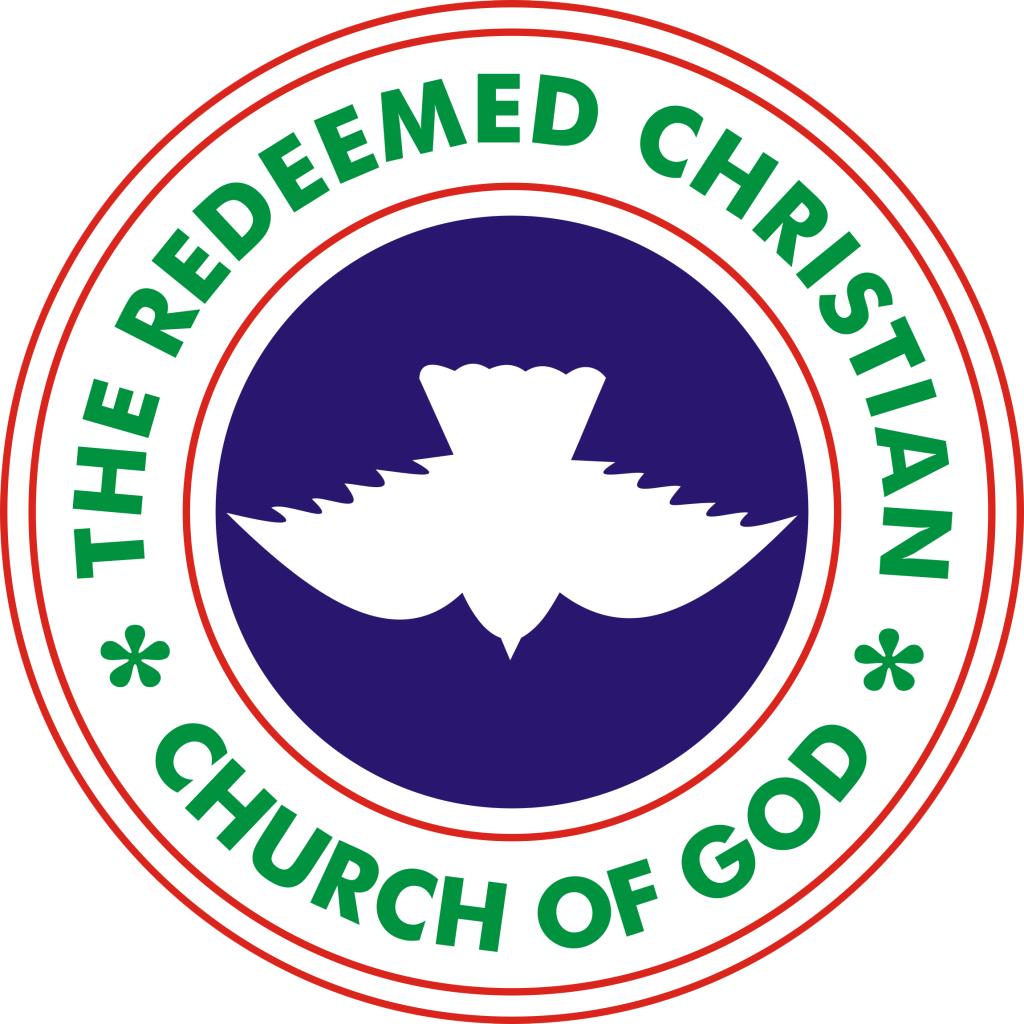GT Corporate Governance
Our Governance
While RCCGGT is one church, there are many legal entities that operate the various programs offered. These individual entities have been established for various reasons, which include legislative requirement, tax status distinction and resource allocation. Each of these legal entities have their own unique purpose and requirements. These requirements include such things as who they are accountable to, and how they are governed. However, to simplify the outworking of the duties for each individual entity, the church has appointed a ‘common board’ that resides over most of these entities.
Directorship
The primary responsibility of the Board of Directors is governance. The governance regime is outworked within three principle activities, which are: compliance, assurance, and risk management.
Compliance
The Board is responsible for adherence to all compliance requirements of the church. The scope of this compliance goes beyond financial reporting. The breadth of compliance ranges from matters relating to employment, WH&S, commercial contracts, funding covenants, medical, child protection, and building regulations.
Assurance
The responsibility of the Board is to seek assurance from the organisation and its management that the organisation is complying and managing its risks effectively. An effective assurance tool is audit. This is annually conducted on the financial statements of the church by a top tier audit firm.
Risk Management
Effective risk management is the responsibility of the Board. Members of the Board require that risks facing the church have been identified and assessed, and that the risks are being properly managed. The Board of RCCGGT is committed to the practice of risk management to assist with strategic decision-making and operational oversight.
Sub-Committees
The Constitution provides the Board with the power to establish one or more sub-committees. To ensure governance effectiveness, the Board has determined standing subcommittees will be formed in the key areas of audit, risk, compliance, and remuneration.
Eldership
The Church Constitution provides that a Member (i.e. of Company Limited by Guarantee or Incorporated Association) is also an Elder of the church, and that admission to ‘company membership’ of the church means the person is also appointed as an Elder of the church. Beyond the duties as an Elder of the church, a Member is required to participate in the proceedings of the annual general meeting, at which members are asked to vote on such matters as the appointment of the Board.
Senior Pastor
The Senior Pastor, in the context of GT Parish, is the ordained minister of religion that has been commissioned with the ultimate responsibility of the spiritual oversight of the church. The fulfilment of this role includes leadership of the Executive Management, Chairperson of the Board, and an Elder.
Board Composition
There are currently twelve Board members. To maintain Board independence, the majority of Directors are non-executive members who are independent of the management team.
Board Remuneration
As outlined in the church constitution, ‘no director shall receive remuneration in respect to his duties as a director of the church.’ Remuneration received by Executive Director’s is in respect of their executive duties. There is no relationship between the packages received by Executive Directors and the church’s financial performance and no equity-based remuneration packages are entered into.
Material Personal Interests
When conflict arises, each Director acknowledges their duty to notify other Board members of a material personal interest, which relates to the church. Furthermore, the Board Member who has a material personal interest in a manner that is being considered at a Board Meeting must not be present while the matter is being considered at the meeting, or vote on the matter.
Ethical Standards and Values
RCCGGT is a Christ-centred ministry and therefore the Directors, Management and Employees are expected to conduct themselves with the highest of ethical and biblical standards.The Code of Conduct for Directors is outlined in their respective governing documents. Employees are expected to uphold the standards set within their employment contracts. Pastoral staff are accountable to the Ministerial Code of Conduct as established by their relevant church leadership and governing bodies, in accordance with UK regulations and best practices.
Safety & Child Protection
The Board is responsible for monitoring the performance of safety measures being implemented within the Church. The Board is committed to the safety of all those who participate, in particular those who are vulnerable.
